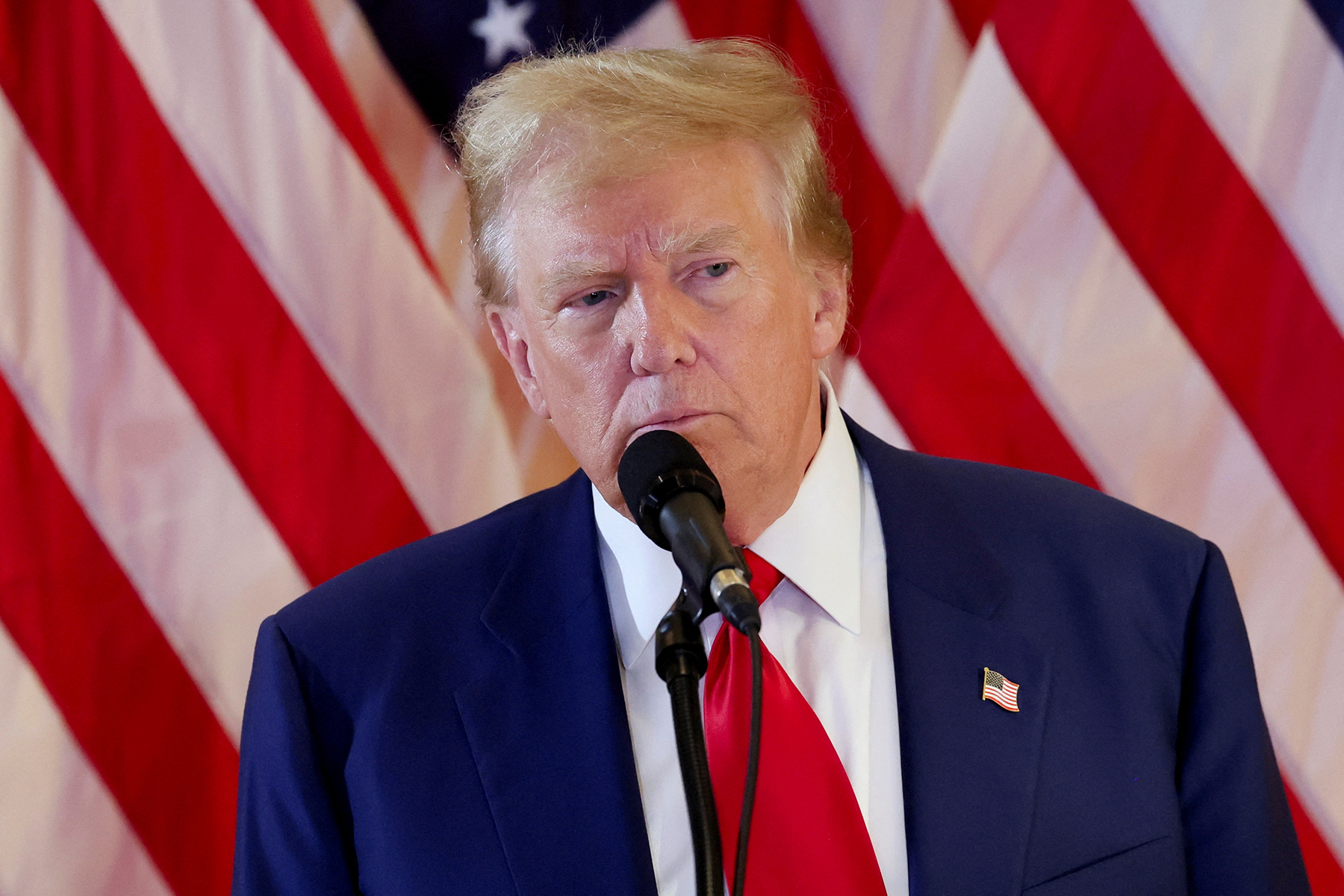In December 2024, shortly after the presidential election, then-President-elect Donald Trump filed a federal lawsuit against The Des Moines Register and Iowa pollster J. Ann Selzer, claiming the veteran pollster and the newspaper published a “deceptive poll” and violated a state consumer fraud law.
The poll, published before the November 2024 election, showed then-Vice President Kamala Harris leading Trump in the state 47% to 44%. Trump then won Iowa with 56% of the vote to Harris’ 42.7%. Selzer later described it as “the biggest miss of my career.”
The lawsuit, also filed against The Register’s parent company, Gannett, claimed the poll’s publication violated Iowa’s consumer fraud statute and argued Selzer engaged in “brazen election interference.”
“Selzer — who had prided herself on a mainstream reputation for accuracy despite several far less publicized egregious polling misses in favor of Democrats … would have the public believe it was merely a coincidence that one of the worst polling misses of her career came just days before the most consequential election in memory, was leaked, and happened to go against the Republican candidate,” the lawsuit states. “The Harris Poll was no ‘miss’ but rather an attempt to influence the outcome of the 2024 Presidential Election.”
This lawsuit against The Register is added to a long list of disputes between the press and the second Trump administration. The Foundation for Individual Rights and Expression (FIRE), which is representing Selzer pro bono, has described this case as a Strategic Lawsuit Against Public Participation, or a SLAPP, which are often used in attempts to silence critics through lengthy and expensive litigation.
In an interview with First Amendment Watch, FIRE’s Chief Counsel Robert Corn-Revere, Selzer’s attorney, discusses the First Amendment issues in this case, outlines why filing this lawsuit under the “consumer fraud” statute is meritless, and explains why courts have never upheld “false news” as an unprotected category of speech under the First Amendment.
Editor’s note: This interview has been edited and condensed for length and clarity.
FAW: Can you outline the First Amendment issues that are baked into this lawsuit citing “consumer fraud”?
Corn-Revere: The basic idea is that there is no such claim in American law as fake news or fraudulent news, that you can’t simply convert something into a fraud case by slapping the label “fraud” onto it. And that what the plaintiffs are essentially asking the court to do, is to recognize a new exception to First Amendment protection, but this isn’t fraud which involves a commercial transaction and a fraudulent statement designed to induce someone into a fraudulent transaction. This is a public opinion poll during election coverage and reporting, and so they’re trying to create this new cause of action that has no basis in American law. The Supreme Court recognized in the Alvarez case there is no general First Amendment exception for “falsity,” that that opens the doorway too wide, and it undermines, I think, understandings of what the First Amendment is about that go back to the beginnings of the country. That was one of the important lessons of the Alien and Sedition Acts, where the [John] Adams administration thought it would be a good idea to be able to prosecute newspaper editors for “false news” and attacks on the President and Congress, and that law was one of the primary points of contention in the presidential election that saw Thomas Jefferson being elected, and the law expired under its own terms, and has long been seen as one of the defining features of what we understand the First Amendment to mean. And so this lawsuit is, I think, more of a political stunt than anything else, and it is being done to punish both the newspapers, as well as the pollster, for getting the wrong result from a political perspective, and it is plainly barred by our First Amendment traditions.The data, the cross tabs, all the information, was out there for everybody to see. That’s how polling works, and this was no exception. And everyone understands, or anyone who’s been involved in political polling understands, there are outliers, and they’re explained by a wide variety of factors, including the idea that, as our politics have become more polarized, you may have a segment of the population simply unwilling to participate in polling, which obviously may affect the results. And so again, this is just an artifact of our politicized political world that we live in now, but with the plaintiffs in this case simply trying to use the law for a political purpose.
FAW: What is the Iowa “consumer fraud” statute and how is it being applied here in alleged retaliation against Selzer for her poll published in the Des Moines Register? Is there a way to make its language more digestible?
Corn-Revere: Do I have to avoid the words complete bullsh*t? There is no such case in American law as “fake news,” it simply doesn’t exist. Consumer fraud is something else, that’s false advertising and inducing someone to engage in some commercial transaction based on false pretenses. That’s not what this is. This is coverage of a presidential election, including polling of what the voter sentiment is. There’s nothing about that that resembles fraud … And so whether from a statutory point, common law standpoint, or from a constitutional standpoint, there’s really nothing here that provides a legal basis for this claim.
FAW: Is this the first time, in Iowa or elsewhere, that a lawsuit is being filed against the work of a news organization under the guise of consumer fraud?
Corn-Revere: It’s not the first time it’s been attempted. In our motion, we identify right in the introduction, a number of cases where similar kinds of allegations were being quickly dismissed. We also note that there’s the lawsuit against “60 Minutes” in Texas, Trump suing over the Kamala Harris interview, that’s also alleging a consumer fraud basis, which again suffers from the same flaws as I’ve identified for this lawsuit. Now one difference is that Trump may be able to coerce a settlement in that case because CBS is a FCC licensee. Pressure is being exerted by the FCC both through its own news distortion complaint, which is a whole other set of laws, or through the approval process for the Paramount Global/Skydance Media merger, so that there are a lot of ways in which the administration can bring pressure that may force a settlement, there are rumors of a settlement, the idea that it’s gone into mediation. There has been no settlement yet. I don’t know whether it will settle. What I can tell you is that the case against Ann Selzer will not be settled.


